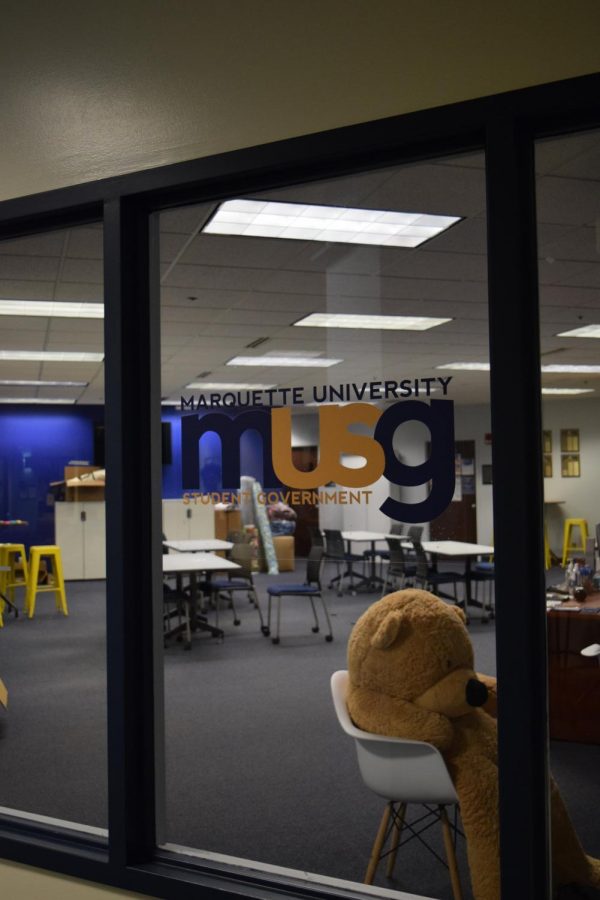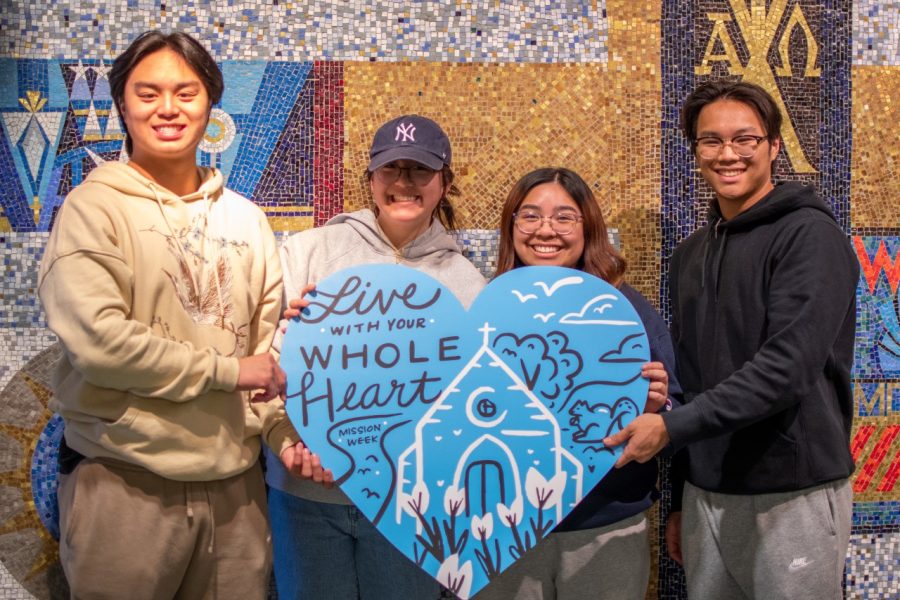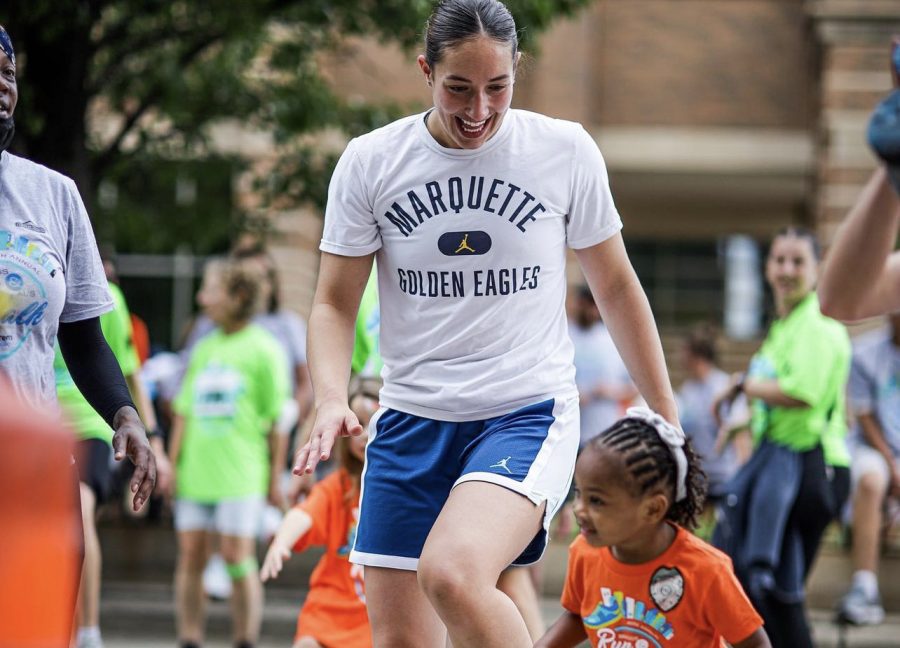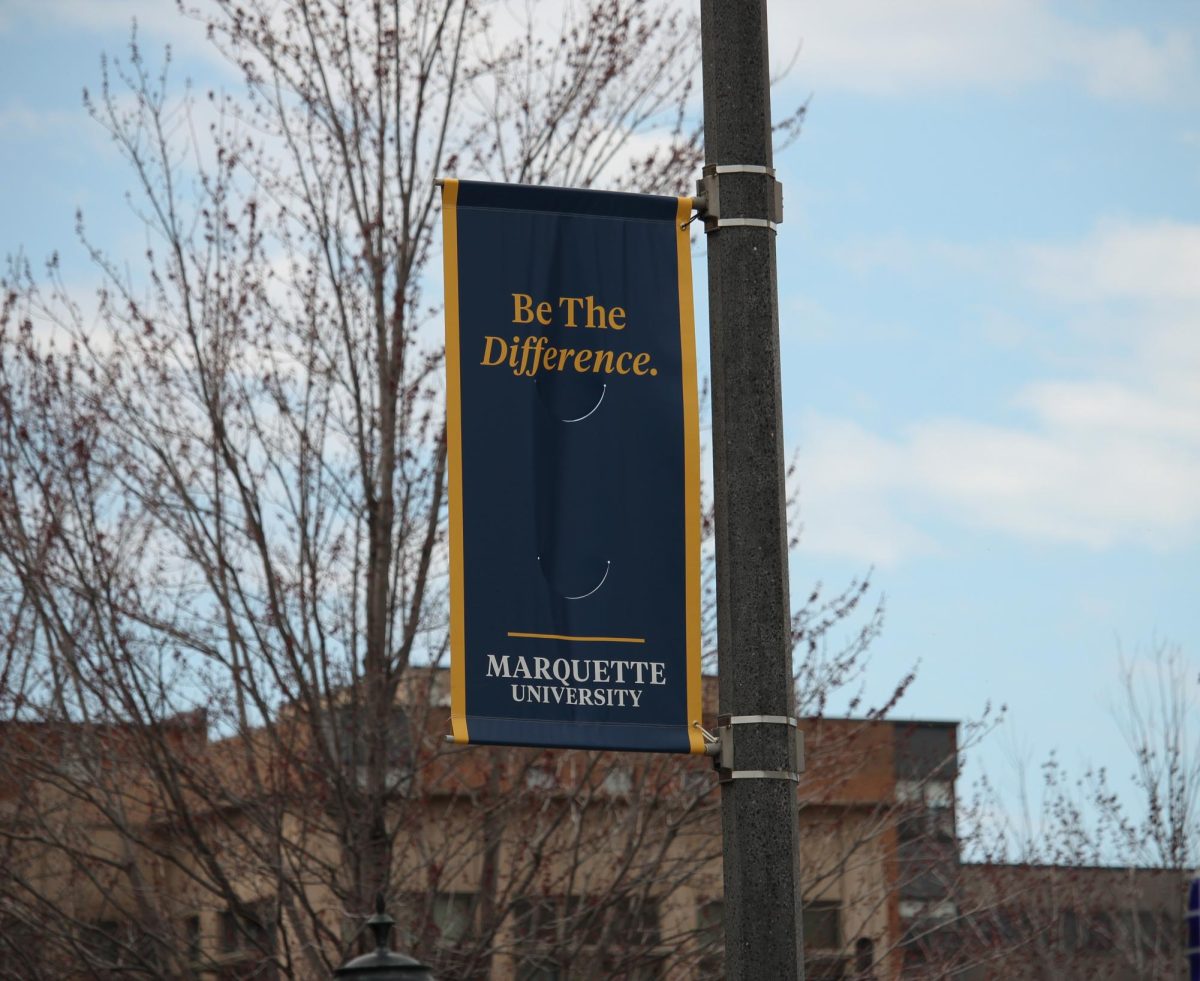 “I tell my students, ‘When you get these jobs that you have been so brilliantly trained for, just remember that your real job is that if you are free, you need to free somebody else. If you have some power, then your job is to empower somebody else. This is not just a grab-bag candy game.” — Toni Morrison
“I tell my students, ‘When you get these jobs that you have been so brilliantly trained for, just remember that your real job is that if you are free, you need to free somebody else. If you have some power, then your job is to empower somebody else. This is not just a grab-bag candy game.” — Toni Morrison
The fact that you were able to read that quote means you are one of the powerful people Morrison was talking about. The fact that you have enough of an education to read is an amazing thing. Even more than just the ability to read, if you are reading this, you either picked up a print copy of the newspaper, which means you spend time on a university campus; or you are reading online, which means you have access to a computer. Both of these things give you amazing power.
And of course, with great power comes great responsibility. The Jesuits tell us to be “women and men for others,” but have you stopped to think about what that really means? What about “be the difference”? These phrases may seem like lofty catchphrases, but both of them mean something very important. To live these phrases does not mean getting up early once a semester with your club or residence hall or fraternity to do service in the community, though that is certainly part of it. It does not necessarily mean you need to join a religious order, though that also can certainly be part of it.
Being a person for others is not about what you do, but it is about how and why you choose to do anything. Because the world’s human race has evolved into societies, we are all part of something bigger than ourselves. Everything each individual does has consequences for others and implications for society. And, as educated and empowered members of that society, we have a responsibility – to better it.
You can choose to live your life in a way that does not take others into consideration. You can choose to make career decisions, voting decisions and daily decisions that serve only your self-interest, but these too have consequences.
For those studying things such as nursing, social welfare and justice, education or many other service-related professions, it is easy to see how their actions affect the rest of society. But for those studying business, advertising, marketing and other similar fields, the effect their work can have on society should be just as clear.
If the CEO of a powerful company makes personal and business decisions that do not take others into consideration, she is setting an example for her employees, clients and anyone who might read about her actions in the news. But if she makes the decision to help others daily, to be kind to others, that sets a different example. If her company provides a healthy environment for its employees and makes forward-thinking decisions about how their work will impact society, organizes service opportunities for employees and the surrounding community and donates money to philanthropic causes, think of the difference those decisions could make. It’s a much more positive difference than if the company overworked its employees, underpaid them and made decisions only to increase the profits for those at the very top.
What if all companies acted only in their own self-interest?
What if all governments didn’t help their struggling citizens?
What if all teachers only taught the brightest students in their class?
What kind of world would that be?
Whether we think about it or not, we are always being women and men for others, and we are always making a difference. But it is up to each individual whether that difference is a negative or positive one.
You are lucky. You have education. You have the ability not only to make a career for yourself, but to make sure that your career and the work you do make a difference for others and benefit not only you, but society as a whole. You are fortunate, and it is your responsibility to give fortune to someone who does not have it.









